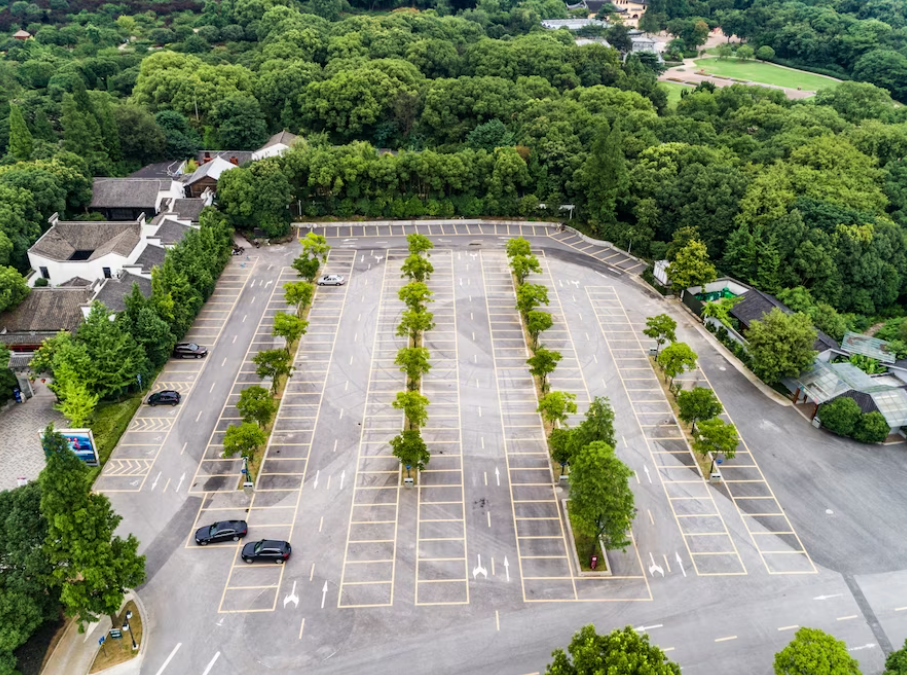Event planning is an intricate process that requires meticulous attention to detail, and one often overlooked aspect is parking logistics. While it might not be as glamorous as choosing the perfect venue or crafting an exquisite menu, ensuring smooth parking can make or break an event. In this blog post, we’ll discuss the importance of considering parking logistics and offer event planning tips for organizers to ensure a hassle-free experience for attendees.
- Start Early: Secure Adequate Parking Spaces
The first step in event planning with parking in mind is to secure adequate parking spaces well in advance. Depending on the size of your event, you may need to rent a parking lot, arrange for valet services, or partner with nearby parking garages. Don’t underestimate the demand for parking, as inadequate space can lead to frustration and a poor attendee experience.
- Location, Location, Location
When choosing your event venue, consider its proximity to parking options. A venue with ample on-site parking is ideal, but if that’s not possible, make sure there are convenient parking facilities nearby. If attendees have to walk long distances from their cars to the event location, it can be a significant inconvenience.
- Understand Your Attendees’ Needs
Know your audience and their transportation preferences. If your event caters to families, consider providing family-friendly parking spaces or shuttle services for convenience. For corporate events, you might need to accommodate a mix of personal vehicles and taxis/ride-sharing services.
- Promote Alternative Transportation
Encourage attendees to consider alternative transportation methods, such as carpooling, public transit, or cycling. Provide information on public transportation options, nearby bike racks, and rideshare drop-off zones. Reducing the number of cars can ease parking congestion and reduce your event’s carbon footprint.
- Implement a Parking Plan
Develop a comprehensive parking plan that includes designated areas for different types of vehicles (e.g., VIP parking, accessible parking, general parking). Use clear signage and directions to guide attendees to their designated parking spots. Well-organized parking can prevent confusion and traffic jams.
- Offer Valet Services
For upscale events or venues with limited parking space, valet services can be a lifesaver. Having a professional valet team to park and retrieve attendees’ cars adds a touch of luxury and convenience to your event.
- Communicate Parking Information
Effective communication is key. Include parking details on your event website, in invitations, and in event programs. Provide attendees with clear directions, parking passes (if applicable), and maps of the parking area. Consider creating a dedicated FAQ section about parking on your event website.
- Prepare for Special Needs
Don’t forget about attendees with special needs. Ensure that your event has accessible parking spaces close to the venue entrance, and clearly mark these spots. Communicate accessibility features to attendees in advance to accommodate those with disabilities.
- Monitor and Adjust
During the event, monitor the parking situation and be prepared to make adjustments if necessary. If a particular parking area fills up quickly, have backup options available. Address any issues promptly to ensure a positive experience for all attendees.
- Gather Feedback
After the event, collect feedback from attendees regarding their parking experience. Use this information to improve parking logistics for future events and make necessary adjustments.
Enhance your event’s success with expert advice on parking preparedness. Don’t forget, you can conveniently list your parking spots on our platform by clicking here. Ensure a hassle-free experience for all your attendees!





